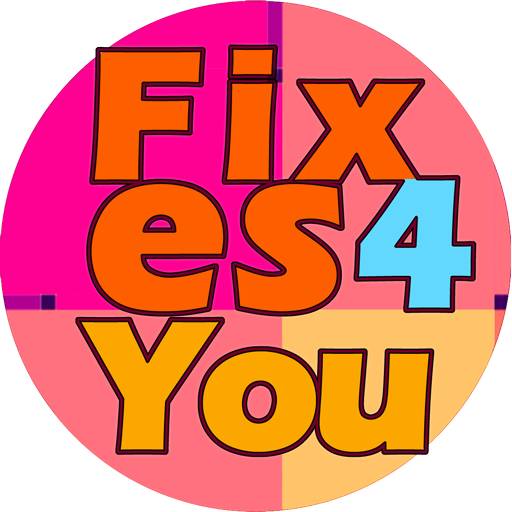Life skills are the competencies that individuals use to manage the activities and challenges of everyday life effectively. They include cognitive, emotional, interpersonal and practical skills that help people cope with various situations and problems. Some examples of life skills are communication, resilience, critical thinking, decision making, self-awareness, empathy and stress management.
Life skills development is the process of learning and improving these skills throughout one's life. It can enhance personal and professional relationships, increase self-esteem and confidence, and enable people to handle new circumstances and career changes. Notably the development of life skills can contribute to social and economic well-being by empowering individuals to participate actively in their workplaces and communities.
Life skills development is important for several reasons:
- It can help individuals adapt to changing environments and cope with stress and uncertainty.
- It can foster positive attitudes and behaviors that promote health, happiness and productivity.
- It can improve interpersonal communication and collaboration, which are essential for teamwork and leadership.
- It can enhance critical thinking and problem-solving abilities, which are vital for innovation and creativity.
- It can facilitate decision making and goal setting, which are key for personal and professional growth.
Here are some general strategies to improve life skills depending on one's needs, interests and goals:
- Seek feedback from others. Asking for constructive criticism from peers, mentors or managers can help identify one's strengths and weaknesses and areas for improvement.
- Learn from experience. Reflecting on one's successes and failures can help extract valuable lessons and insights that can be applied to future situations.
- Seek new opportunities. Taking on new challenges or responsibilities can help expand one's horizons and develop new skills and competencies.
- Learn from others. Observing or interacting with people who have strong life skills can provide inspiration and guidance on how to emulate them.
- Seek formal education or training. Enrolling in courses or programs that focus on specific life skills can provide structured and systematic learning opportunities.
Here are some ways individuals can develop common life skills:
Communication
Communication is the ability to express oneself clearly and effectively in various contexts and modes. To develop communication skills, one can:
- Practice active listening. Active listening involves paying attention to what others are saying, showing interest and empathy, asking questions and paraphrasing what was said to ensure understanding.
- Improve verbal communication. Verbal communication involves using appropriate tone, volume, pitch, pace and language to convey one's message. To improve verbal communication, one can practice speaking clearly, concisely and confidently in front of a mirror or a friend.
- Improve written communication. Written communication involves using correct grammar, spelling, punctuation and formatting to convey one's message. To improve written communication, one can read more books or articles on topics of interest, write more often for different purposes and audiences, and proofread one's work carefully.
- Improve nonverbal communication. Nonverbal communication involves using body language, facial expressions, eye contact and gestures to convey one's message. To improve nonverbal communication, one can observe how others use nonverbal cues in different situations, practice mirroring or matching them, and avoid sending mixed signals.
Resilience
Resilience is the ability to bounce back from adversity or failure². To develop resilience, one can:
- Adopt a growth mindset. A growth mindset is the belief that one's abilities can be improved through effort and learning. To adopt a growth mindset, one can view challenges as opportunities to grow, embrace feedback as a way to improve, celebrate small wins along the way, and learn from mistakes rather than dwelling on them.
- Build a support network. A support network is a group of people who provide emotional, practical or informational support in times of need. To build a support network, one can reach out to friends, family members or colleagues who share similar values or goals, join clubs or groups that align with one's interests or passions, or seek professional help if needed.
- Practice self-care. Self-care is the act of taking care of one's physical, mental and emotional well-being. To practice self-care, one can eat healthily, exercise regularly, and sleep well.
Gain the confidence and foresight to make good decisions and ensure success by continuing to work on your life skills.




